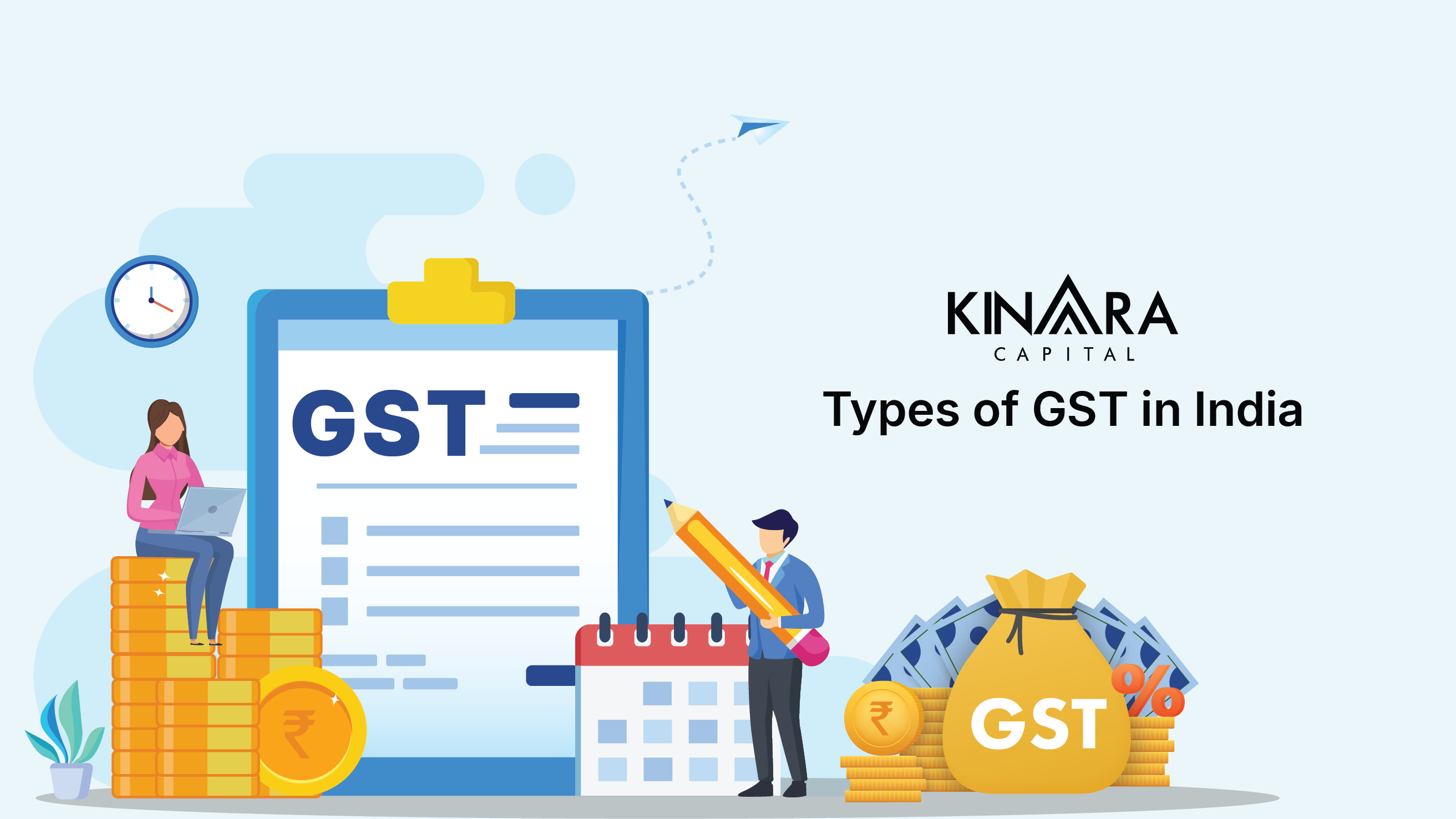
The Goods and Services Tax (GST) has revolutionized India’s tax landscape, simplifying the way businesses handle taxation. By replacing a multitude of indirect taxes, GST has created a unified tax structure, making compliance smoother for businesses of all sizes. For those unfamiliar with what GST is, it’s important to grasp the three key types of GST: CGST, SGST, and IGST, which apply based on whether the transactions are intrastate or interstate. Understanding the need for GST registration and how it impacts business operations is crucial for entrepreneurs looking to streamline their financial processes and stay compliant with tax regulations.
Goods and Services Tax (GST) is a unified tax system introduced to simplify India’s complex indirect tax structure. It combines various taxes like VAT, excise duty, and service tax into a single framework, applicable to the supply of goods and services. There are three types of GST: Central GST (CGST), State GST (SGST), and Integrated GST (IGST), depending on whether transactions are within a state or across state borders. Businesses exceeding a specific turnover must undergo GST registration to legally collect and remit taxes, ensuring compliance with the government’s tax policies.
GST is categorized into three main types: CGST and SGST, and IGST.
In India, businesses supplying goods or services with turnover above a specified threshold are responsible for paying GST. The Goods and Services Tax Council, which oversees GST regulations, sets the rules for GST applicability. GST applies to manufacturers, service providers, wholesalers, and retailers, while consumers bear the final tax burden. Based on GST and its types, intrastate transactions incur both CGST and SGST, whereas interstate transactions are subject to IGST. It is mandatory for businesses to comply with GST regulations by registering and paying the appropriate taxes based on their transactions.
Certain goods in India are exempted from GST, meaning no GST is charged on them. These include essential items like fresh fruits and vegetables, unprocessed cereals, dairy products such as milk, bread, and eggs, as well as books, raw silk, and khadi garments. Other exempt items include healthcare services, education services, and certain government services. This exemption helps keep essential commodities affordable. Businesses dealing with taxable goods must understand GST charges and ensure compliance by registering. It’s easy to register for GST online, ensuring that businesses meet the necessary regulations while selling taxable goods and services.
A Business Loan on GST/GST Business Loan is an unsecured loan wherein the lender disburses the loan based on the business’s GST returns filed. The GST returns filed adds creditworthiness to the business which gives the lender confidence to disburse capital to the business needing a loan.
To apply for a business loan based on GST, the following documents are necessary:
Once registered, businesses comply with types of GST (like CGST and SGST) and are subject to GST charges. Businesses comply with types of GST (like CGST and SGST) and are subject to GST charges.
Applying for GST registration provides several benefits for businesses. It enhances credibility, as having a GST number is a mark of trust, making your business appear more legitimate. With GST, businesses can take advantage of input tax credit, reducing the overall tax burden. Additionally, it simplifies taxation by consolidating various taxes into one system under different types of GST, such as CGST, SGST, and IGST.
GST registration is also necessary for accessing financial services like a GST business loan, helping companies secure funding for growth. Moreover, it ensures compliance with tax regulations and allows businesses to operate seamlessly across states.
In conclusion, registering for GST offers various benefits that simplify business operations. It ensures compliance with tax regulations, allows for smoother interstate trade, and enhances credibility by marking the business as legitimate. Furthermore, registered businesses can claim input tax credits, reducing their overall tax liability. This streamlined tax structure helps businesses manage financial obligations more effectively and opens opportunities for financial support, like loans specifically tailored for GST-registered businesses. Ultimately, GST registration is an essential step for businesses looking to grow, operate legally, and access financial benefits.
Yes, businesses can claim input tax credit (ITC) for IGST paid on inter-state supplies. The IGST paid can be used to offset any output tax liability under IGST, CGST, or SGST, thereby reducing the overall tax burden and ensuring smooth tax management across states.
Yes, UGST (Union Territory GST) applies to Union Territories, but certain Union Territories like Delhi and Puducherry have special provisions since they have legislatures. These regions apply SGST instead of UGST. Other Union Territories follow UGST rules without specific exemptions or special provisions.
Tax rates for CGST, SGST, and IGST are determined by the GST Council, a body consisting of the central and state governments. Rates are categorized into different slabs (e.g., 5%, 12%, 18%, and 28%), depending on the nature of goods and services provided.
GST disputes regarding CGST, SGST, and IGST are resolved through a multi-tiered process: initial assessment by tax authorities, followed by appeals to higher authorities or the Appellate Tribunal. If unresolved, the matter can be taken to the High Court and Supreme Court. Procedures ensure fairness and compliance.
Businesses operating across multiple states face complexities with CGST, SGST, and IGST. They must manage separate tax registrations in each state, file multiple returns, and comply with state-specific regulations. IGST facilitates interstate transactions by allowing seamless credit transfer, reducing tax cascading and simplifying cross-state operations.
Businesses who are into import-export businesses in India, registration To ICEGATE(Indian Customs Electronic Gateway) is necessary. Make sure to check the specific requirements for the type of registration you need, whether for exports or imports.
